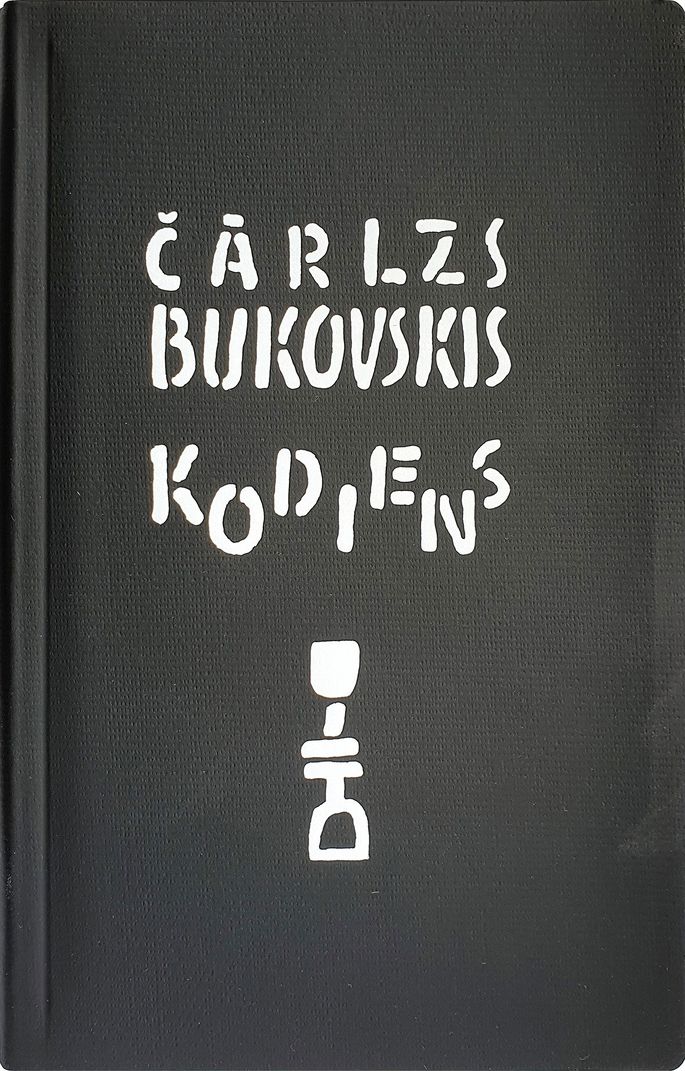
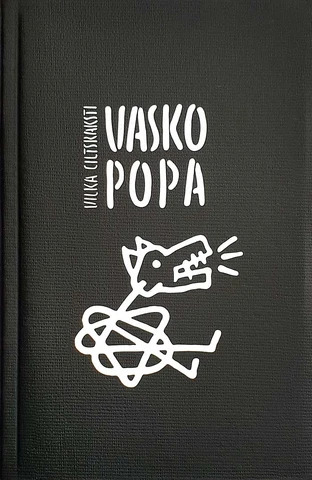
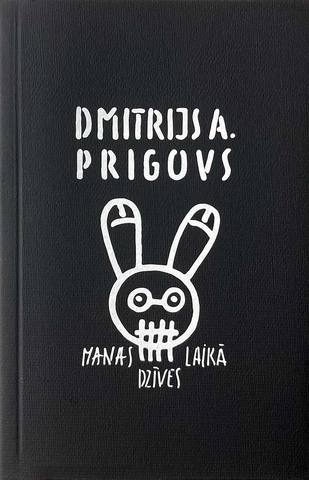
Books in series

Kodiens
2020

Vilka ciltsraksti
2021

Manas dzīves laikā
2021
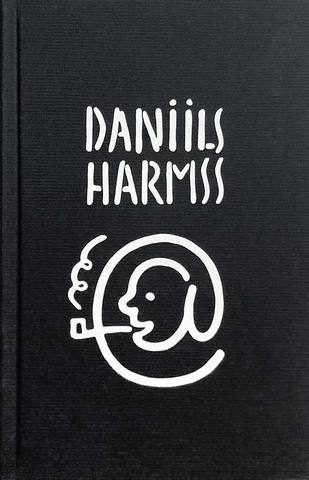
Dzeja
2021
Authors
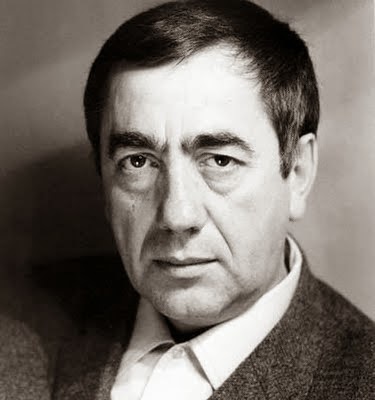
Popa was born in the village of Grebenac, Vojvodina, Serbia. After finishing high school, he enrolled as a student of the University of Belgrade Faculty of Philosophy. He continued his studies at the University of Bucharest and in Vienna. During World War II, he fought as a partisan and was imprisoned in a German concentration camp in Bečkerek (today Zrenjanin, Serbia). After the war, in 1949, Popa graduated from the Romanic group of the Faculty of Philosophy at Belgrade University. He published his first poems in the magazines Književne novine (Literary Magazine) and the daily Borba (Struggle). From 1954 until 1979 he was the editor of the publishing house Nolit. In 1953 he published his first major verse collection, Kora (Bark). His other important work included Nepočin-polje (No-Rest Field, 1956), Sporedno nebo (Secondary Heaven, 1968), Uspravna zemlja (Earth Erect, 1972), Vučja so (Wolf Salt, 1975), and Od zlata jabuka (Apple of Gold, 1978), an anthology of Serbian folk literature. His Collected Poems, 1943–1976, a compilation in English translation, appeared in 1978, with an introduction by the British poet Ted Hughes. On May 29, 1972 Vasko Popa founded The Literary Municipality Vršac and originated a library of postcards, called Slobodno lišće (Free Leaves). In the same year, he was elected to become a member of the Serbian Academy of Sciences and Arts. Vasko Popa is one of the founders of Vojvodina Academy of Sciences and Arts, established on December 14, 1979 in Novi Sad. He is the first laureate of the Branko’s award (Brankova nagrada) for poetry, established in honour of the poet Branko Radičević. In the year 1957 Popa received another award for poetry, Zmaj’s Award (Zmajeva nagrada), which honours the poet Jovan Jovanović Zmaj. In 1965 Popa received the Austrian state award for European literature. In 1976 he received the Branko Miljković poetry award, in 1978 the Yugoslav state AVNOJ Award, and in 1983 the literary award Skender Kulenović. In 1995, the town of Vršac established a poetry award named after Vasko Popa. It is awarded annually for the best book of poetry published in Serbian language. The award ceremony is held on the day of Popa’s birthday, 29 June. Vasko Popa died on January 5, 1991 in Belgrade and is buried in the Aisle of the Deserving Citizens in Belgrade’s New Cemetery.

Henry Charles Bukowski (born as Heinrich Karl Bukowski) was a German-born American poet, novelist and short story writer. His writing was influenced by the social, cultural and economic ambience of his home city of Los Angeles.It is marked by an emphasis on the ordinary lives of poor Americans, the act of writing, alcohol, relationships with women and the drudgery of work. Bukowski wrote thousands of poems, hundreds of short stories and six novels, eventually publishing over sixty books Charles Bukowski was the only child of an American soldier and a German mother. At the age of three, he came with his family to the United States and grew up in Los Angeles. He attended Los Angeles City College from 1939 to 1941, then left school and moved to New York City to become a writer. His lack of publishing success at this time caused him to give up writing in 1946 and spurred a ten-year stint of heavy drinking. After he developed a bleeding ulcer, he decided to take up writing again. He worked a wide range of jobs to support his writing, including dishwasher, truck driver and loader, mail carrier, guard, gas station attendant, stock boy, warehouse worker, shipping clerk, post office clerk, parking lot attendant, Red Cross orderly, and elevator operator. He also worked in a dog biscuit factory, a slaughterhouse, a cake and cookie factory, and he hung posters in New York City subways. Bukowski published his first story when he was twenty-four and began writing poetry at the age of thirty-five. His first book of poetry was published in 1959; he went on to publish more than forty-five books of poetry and prose, including Pulp (1994), Screams from the Balcony (1993), and The Last Night of the Earth Poems (1992). He died of leukemia in San Pedro on March 9, 1994.
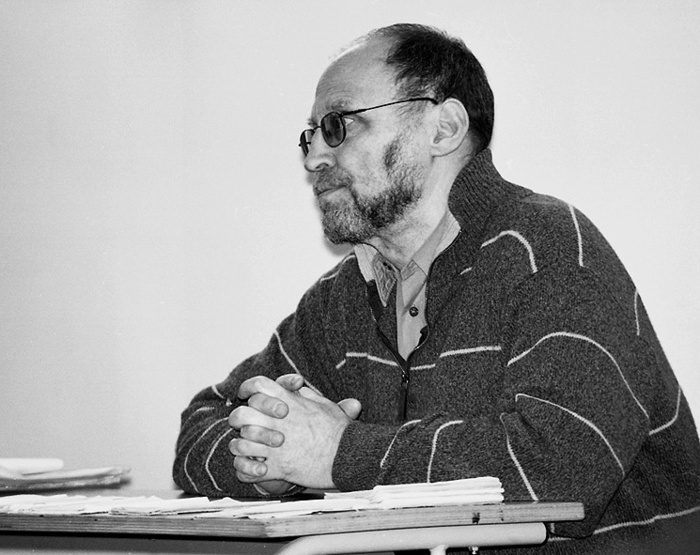
Dmitri Aleksandrovich Prigov (Russian: Дмитрий Александрович Пригов) was a Russian dissident writer and artist. He was a prolific poet having written nearly 36,000 poems.